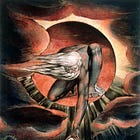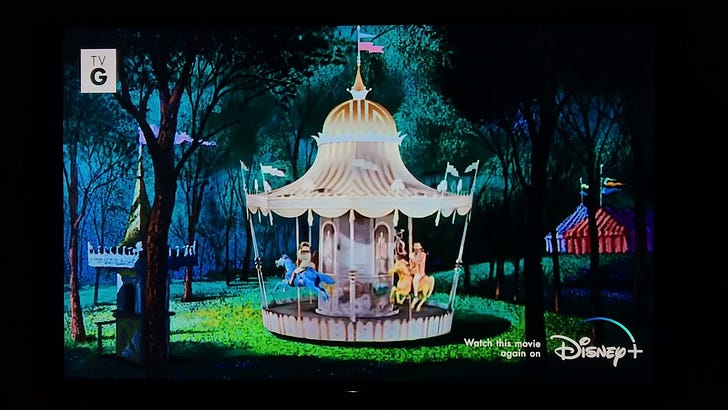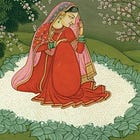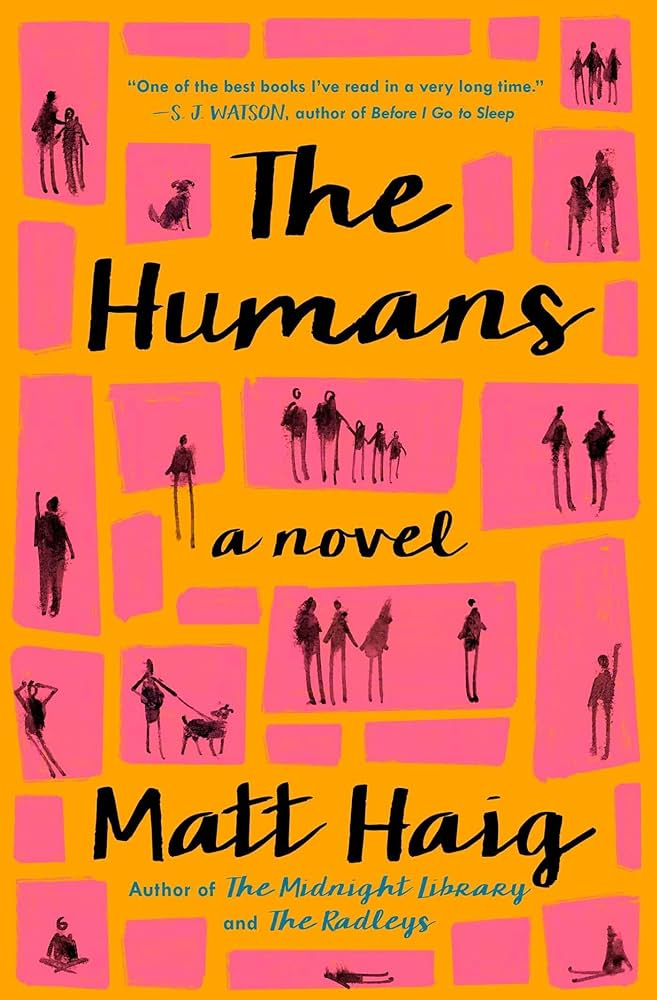The Matrix of Mythology
Differentiating conspiracies and myths, and 5 unique mythology retellings to add to your TBR
On Season 3 of our podcast, we have been diving into mythology retellings, characters infatuated with mythology, and stories inspired by myths. Myths were so prevalent in our conversations that we had to record a bonus episode, in which we discussed where myths come from, why we read mythology retellings, and if myths still exist today.
[Sidebar: if you are reading this post in your inbox, you might find that the end is cut off due to length - just click on ‘read full text’ to read the whole post!]
You are reading The Novel Tea Newsletter, companion to The Novel Tea Podcast, where you’ll find book reviews, thematic literary analysis, and cultural commentary to help you thoughtfully engage with the world.
New posts come out every Tuesday. If you enjoy reading our work, please consider subscribing and sharing the newsletter with others.
What Exactly is a Myth?
As we talked about in our recent episode, there are many varying and somewhat polarizing definitions of the word “myth.” A myth can be a story by a people to describe a phenomenon. A myth can also be defined as a widely false idea. What exactly is a myth, and how is it similar or different than a story, religion, belief or conspiracy?
In this essay by Radek Chlup, the phenomenon of conspiracy narratives as a type of myth is studied. He discusses three types of myths; political, fictional, and conspiracy. Though most of these terms were familiar to me, examining them through the lens of mythology and discovering some examples was interesting.
Examples of Political, Fictional, and Conspiracy Myths
One of the most popular political myths is one called Manifest Destiny. It was the idea that white Americans were divinely destined to settle in North America, and the term was coined in an 1845 article by John O’Sullivan. Most of US history from the 1830s-1850s was largely based on the ideologies that the political myth of Manifest Destiny embodied, from the Louisiana Purchase to the Oregon Country dispute. The power of this myth acted as a driving force for many societies to justify growth and expansion while destroying and oppressing other populations.
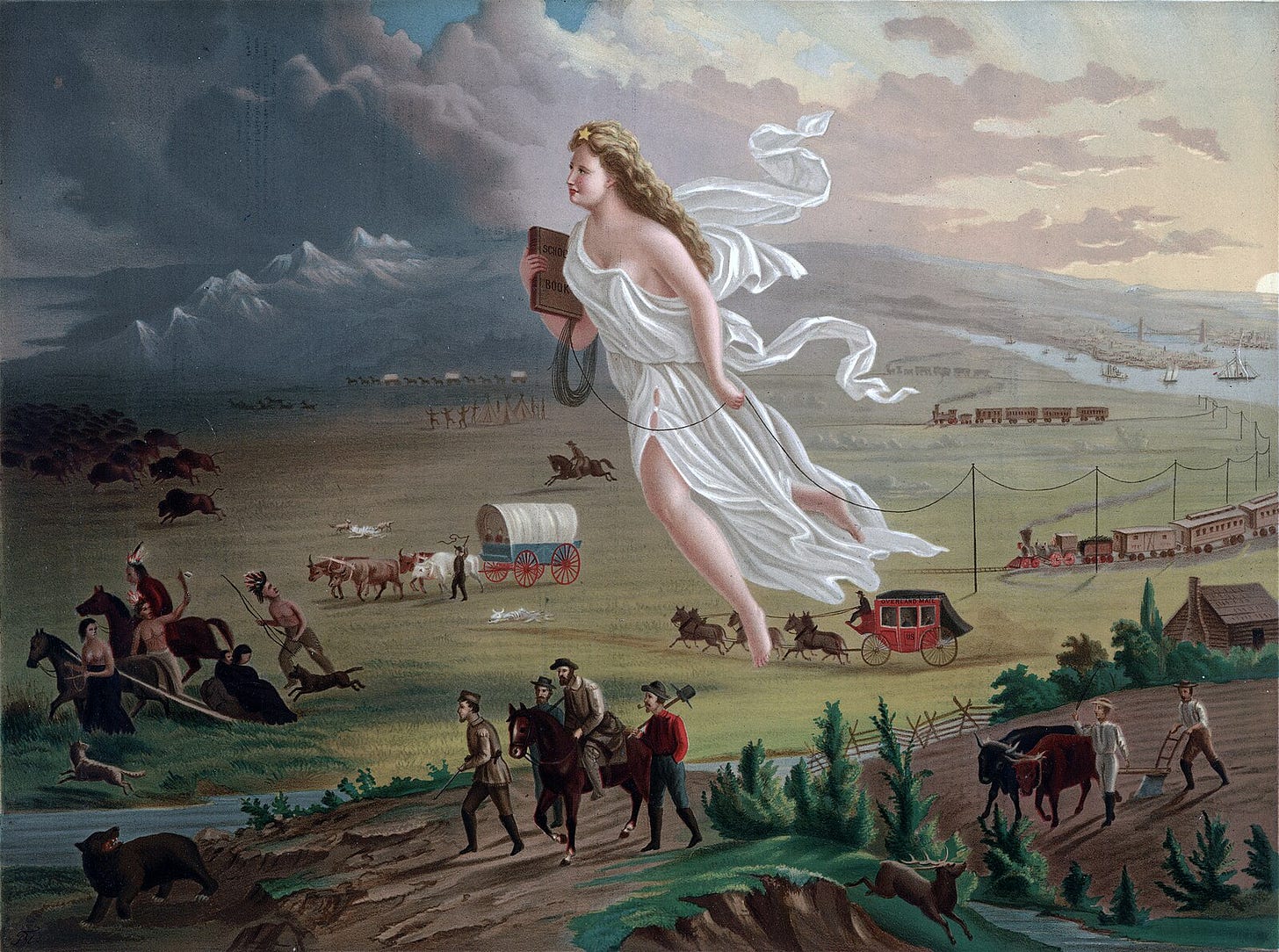
While political myths describe the real world, fictional myths are more imaginative and often aim to explain how things came to be. Though they might be dismissed as unrealistic or impossible, fictional myths can affect people and their motivations the same way that political myths can. They are a part of people’s cultures, stories to be told through generations to recall history and tradition.
American Gods by Neil Gaiman is an example of how fictional myths can motivate people to take a good look at society and what we are becoming. Gaiman uses an amalgamation of many established myths to provide commentary on society in America. You can listen to our episode discussing American Gods by Neil Gaiman here.
Conspiracy myths and fictional myths can be based on similar concepts, but conspiracy myths are treated like political myths. Chlup uses the example of the movie The Matrix in his essay to explain conspiracy myths. The Matrix is a fictional movie about humanity being trapped inside The Matrix, where in reality their bodies are being used as an energy source. After the movie came out in 2001, people started to believe this to be reality. They believed there were people in power who were conspiring against humanity, and that the world we currently live in is just a simulation. This example shows how fluid these different types of myths can be, and the overlap amongst them.
So What’s the Difference?
Is there a difference between myths and conspiracies? Furthermore, is there a difference between myths, fairytales and folklore? How does religion play a role in all this? Chlup’s essay focuses on these three types of myths, but in actuality, there are many categories of myths not discussed here such as historical, religious, and social. As much as I would love to answer these questions, and initially searched for these answers while researching this topic, I could not find one. I even tried to create a Venn diagram of these types to depict their overlap, but the Venn diagram ended up looking like this.
The Greek stories of the Gods of Olympus began as religious and social mythology but have since spawned many fictional stories for us to enjoy. Though The Little Red Riding Hood is considered a fairy tale, it contains elements of a fable and has brought many new fictional characters to life in adaptations like in Shrek, or the horror movie Little Red Riding Hood (2011) featuring Amanda Seyfried. It is hard to draw a straight line through these definitions, but each category of myths and myth-adjacent fiction carries their own specific definition and unique examples, and it can be incredibly fun to explore the ways in which overlap.
Reclaiming Mythological Stories
We talked a lot on the podcast about mythology retellings, including some recent criticism of the fact that the majority of Greek mythology retellings are written by white, non-Greek authors. If we accept that mythology belongs to a group of people, and is central to a particular culture, then we need to do better at amplifying those voices.
Below you’ll find five mythology retellings that you may not have heard of before, written by authors who identify with the culture - we’ve also included some links to help you familiarize yourself with the original myths.
Winter Harvest by Ioanna Papadopoulou: based on the Greek pantheon, this novel revolves around Demeter, the goddess of harvest, delving deep into her character and exploring the complexities of family, motherhood, femininity, and anger. Papadopoulou, of Greek descent, was inspired to write Winter Harvest “after years of reading ancient Greek mythology retellings and always feeling that something was missing from them.”
Ahalya by Koral Dasgupta: the first in the ‘Sati’ series (books that explore the Panchakanyas from Hindu texts) this book focuses on Ahalya, who appears in several scriptures, but may be most famously known from The Ramayana. Originally created by Brahma to represent perfect beauty, she is later turned to stone by her husband, the sage Gautama, after he discovers that she was seduced by Indra. She is only brought to life years later when Rama arrives. In this novel, Dasgupta, an Indian author from Kolkata, explores many unanswered questions from the original tale.
The Goddess Chronicle by Natsuo Kirino: part of the Canongate Myths series (which also produced The Penelopiad), this novel is based on the myth of Izanami and Izanagi, the central deities in the Japanese creation myth. Though Kirino is better known for her crime thrillers, in this book she enters a more fantastical land, exploring origins and creation; actions and consequences; betrayal and revenge.
Dazzling by Chịkọdịlị Emelụmadụ: this book follows two girls, Treasure and Ozoemena, who have both lost their fathers, and start to develop unique connections with the spirits. As they grapple with their legacies, their stories start to converge at a boarding school where girls have been going missing. Though not a traditional retelling, this book incorporates Igbo mythology, folklore, and storytelling traditions to depict a modern Nigeria.
There Are Rivers in the Sky by Elif Shafak: for my last pick, I am cheating for a few reasons: first, this is not a mythology retelling - it is a story that revolves around the Epic of Gilgamesh (though I think it is fair to say that epics can enter the realm of mythology). And second, it isn’t even out until August of this year. But
, a Turkish novelist and public speaker, has published multiple best-selling novels already. This latest work, which binds three lives across centuries and continents, sounds mesmerizing - we can’t wait to read it.
— Neha
Related Posts You Might Have Missed
Up Next
Our next book will be The Humans, by Matt Haig - this book contains soft science fiction elements, but really is about life, perspectives, and acceptance. Tune in to our conversation about the book tomorrow, April 10, on The Novel Tea podcast (and for those who haven’t read the book, don’t worry! We think you’ll enjoy the conversation anyways, and we’ll include a spoiler warning when we get to it).







